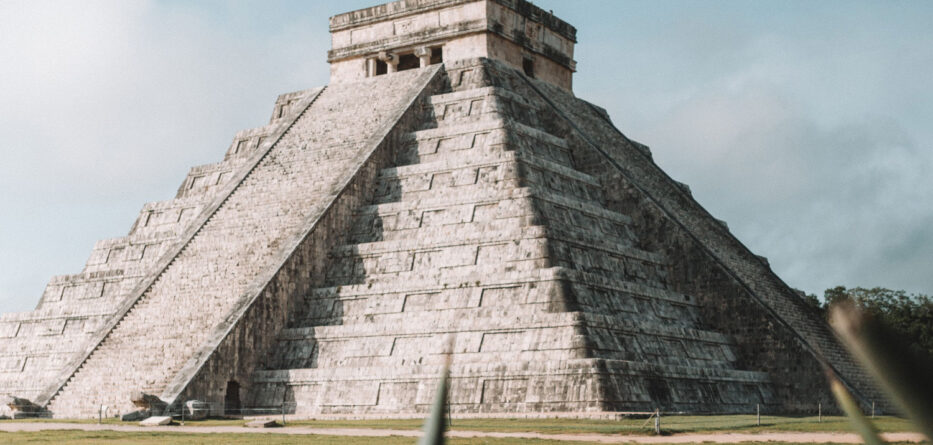Roberto Cintli Rodriguez, who grew up in Southern California, is an emeritus associate professor in Mexican American Studies at the University of Arizona. He is the author of several books, including “Our Sacred Maiz is Our Mother.”
In 2017, a Maya elder, Carlos Armando Dzul, took me to a church in Mani, Yucatán, to see where the infamous three-day “auto de fe” took place – a mass book burning in 1562 – led by Bishop Diego de Landa.
It was one of the most well-known book burnings in Mexico’s history, though it was actually part of a 300-year policy which outlawed the possession and the teaching of pre-Colombian knowledge, purportedly because it constituted “lies of the devil.” The penalty for such crimes ranged from torture to death.
That brings to mind the recent settlement in which the state of California and several of its educational governing bodies agreed in a lawsuit by Californians for Equal Rights Foundation and others, to ban In Lak’Ech, a Maya maiz-based philosophical concept from its Ethnic Studies Model Curriculum, this while referring to it as part of the Aztec religion.
That agreement, which determines what is teachable knowledge – also bans the Nahui Ollin, an Aztec-Mexica concept – based on the erroneous supposition that the Aztec religion was demonic. It also bans Ashe, an affirming African Indigenous chant. Of note is that Mexican American students are the largest demographic in California schools.
Bottom of Form
While the Aztec and Maya share similar cultures, confusing them is mind-boggling, akin to confusing Greeks with Romans because they’re both Europeans. Here, I concentrate on In Lak’Ech, because the philosophy from where it emanates is something that I have been teaching for years, which is maiz-based knowledge that has influenced the Americas for thousands of years, and because this is the continent in which we live.
In Lak’Ech – Tu eres mi otro Yo, or You are my other Self – is but the Maya iteration of The Golden Rule, which is also part of a larger maiz-based philosophical universe.
Famed playwright Luis Valdez of Teatro Campesino introduced U.S. audiences to this concept via the 1973 poem, Pensamiento Serpentino. He received this knowledge from Maya linguist Domingo Martinez Paredez, who collaborated with the Teatro, resulting in several Maya-based plays. In effect, In Lak’Ech is to see ourselves in each other. How that can be construed as demonic is to continue the notion that Indigenous and African peoples were less than human.
Beginning in the 1990s, Raza Studies at Tucson Unified School District taught In Lak’Ech and Panche Be – to seek the root of the truth, which necessarily leads to the quest for justice. It is perhaps the actual reason why Tucson’s Raza Studies program was shut down in 2012, even though the courts affirmed its legality in 2017.
In 2017, I wrote an article for the Latino Journal of Education, “Ixxim; a Maiz-based philosophy,” summarizing some 60 Maya concepts. Generally, they have their universal equivalents in other cultures, including the West, though some are uniquely Maya or Maiz-based ideas.
For example, Hel Men or Zero did not have the same meaning to the Maya as it did in the West, where zero means the absence of value. For the Maya, zero marked the beginning of everything. “The Maya thinker established that the zero is the germinating seed, the beginning of everything, which is why it was illustrated as a seed or a conch shell,” according to El Popul Vuh Tiene Razon. This 1968 book by Martinez Paredez, is part of an explanation by the Maya scholar, of the validity and relevance of the Popul Vuh, considered to be the most sacred book of the Maya.
There is not enough space here to fully explain Maya philosophy; the minimum that can be done is to note that there is a whole universe that California students have never been exposed to, including:
Ix’im or Xiimte: Ixi’im is the word for maiz and Xiimte is sacred maiz. For peoples of this continent, maiz is “who we are, what we are made of and where we come from.” Scientists consider it one of humanity’s greatest feats because it was scientifically created.
I would argue that if politicos want to ban Indigenous knowledge, they should at least first learn it, including our Indigenous worldviews.






